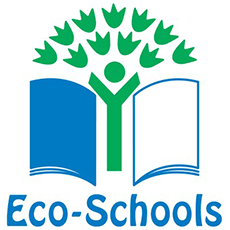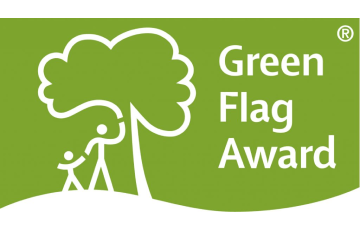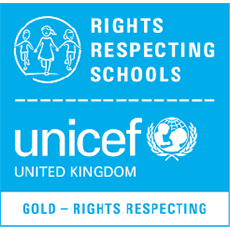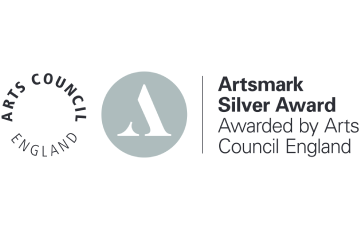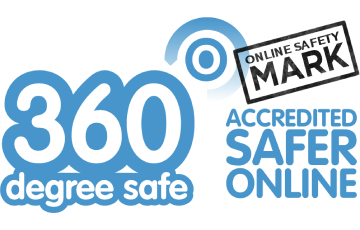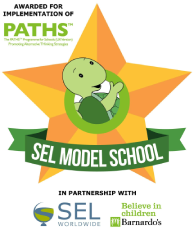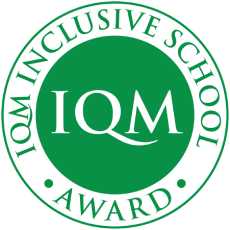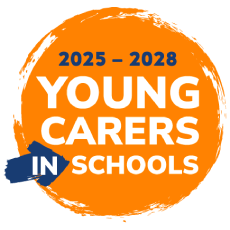Computing
Hello, I am Mrs. Vaughan and I am the subject lead for Computing at Lyme Community Primary School. In our current environment, computing skills are essential in so many areas of everyday life. I look to inspire and challenge children through ensuring there are a variety of platforms and media in which they can learn, practise and build key skills. As an overarching program, we use Purple Mash to ensure progression in the skills from Nursery to Year 6.
Why do we use Purple Mask?
Purple Mash offers a variety of experiences which develop all the skills needed in the computing world: from online safety, to creating games, understanding and creating code, presenting work and data handling using spreadsheets or branching diagrams. Purple Mash also has activities and formats that support the whole of our primary school curriuclum; so the children can use quizzes or activiities to revise and repeat learning, present English and Maths work through a variety of formats and even learn in a different platofrm around Science, Geography or History, The list of learinng opporunities is endless.
Why is Computong so important?
I love Computing as it allows children to explore, not only skills specific to this subject but also ones that will help children achieve as life-long learners and citizens such as: creativity, problem-solving, perseverance and resourcefulness. Computing lends itself to all areas of the curriculum as well as the key STEM subjects of science, technology. Engineering and mathematics. It is something the children clearly love and show enthusiasm for.
In today’s world of increasing social networks, it is also important we challenge children to question and evaluate what they see online, so they become online safety conscious. Leading an online safety council in school allows me to nurture and support the safe values for accessing the cyber platform, allowing children to be careful and respectful users while online.
Websites to promote learning at home:
https://www.bbc.co.uk/bitesize/subjects/zvnrq6f
A curriculum designed for Lyme Community Primary School
Computing – CURRICULUM INTENT
Purpose of study
Computers are now part of everyday life. For most of us, technology is essential to our lives, at home and at work. ‘Computational thinking’ is a skill children must be taught if they are to be ready for the workplace and able to participate effectively in this digital world.
The national curriculum for computing has been developed to equip young people in England with the foundational skills, knowledge and understanding of computing they will need for the rest of their lives.
Throughout their time at Lyme Community Primary School from Nursery to Y6 children are provided with a variety of fun, relevant and exciting experiences which will help them learn how computers and computer systems work, they will design and build programs, develop their ideas using technology and create a range of content.
We use Purple Mash as our main scheme which is specific in its skills and knowledge progression with assessment activities built in.
At Lyme computing is often used in conjunction with other subjects drawing on disciplines such as mathematics, science, DT and art to develop more meaningful learning experiences and English through learning subject specific vocabulary, writing about their learning and talking through/justifying their technology decisions.
Assessment and Curriculum Planning
Computing in early years will be taught through a combination of a well-planned learning environment alongside the teaching of specific computing skills delivered through playful adult-led activities.
At KS1 & 2 we use the Purple Mash scheme and assess through knowledge catchers and quizzes at the end of each unit to contribute towards judging against the National Curriculum objective statements to monitor individual pupil progress against the key stage expectations. The system assesses pupil progress against age-appropriate descriptors; this enables teachers to monitor which pupils are working towards their age-related expectations and who may be exceeding these goals. This information is then used to inform curriculum planning outlining how additional support or challenge can be provided in order to meet the needs of our pupils. This information is also used by teachers when reporting to parents.



